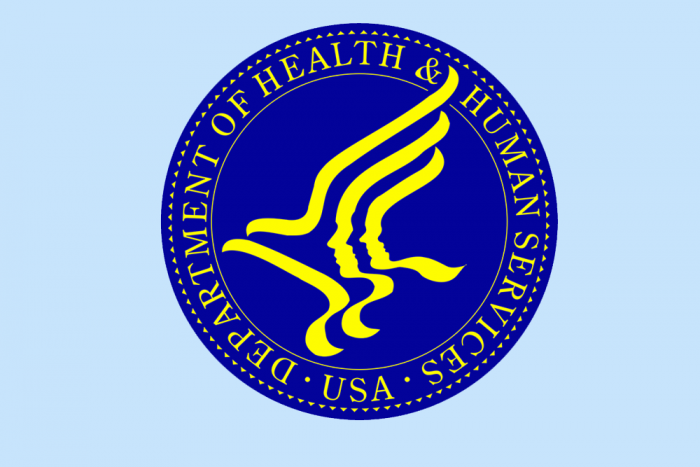Governor Shapiro and Pennsylvania are listed along with 22 other plaintiffs in a lawsuit filed in US District Court in Rhode Island, requesting an emergency temporary restraining order against US Health and Human Services (HHS) Secretary Robert F. Kennedy Jr. for abruptly terminating COVID-grant funds, including a supplemental to the Substance Use Disorder Block Grant, that were appropriated for use for states until September 30, 2025.
Though not confirmed, media reports suggest the termination of grants could cost the Pennsylvania Department of Health $301 million, along with an additional $28 million or more hit against the Pennsylvania Department of Drug and Alcohol Programs (DDAP).
DDAP had been using these grant funds to expand testing and provide resources for COVID; support providers and help meet local needs during the pandemic; and expand the substance use disorder prevention, intervention, treatment, and recovery support services continuum, including various evidence-based services and supports for individuals, families, and communities.
DDAP is examining its options to maintain the full array of services offered by single county authorities and their providers to ensure Pennsylvanians continue to receive the lifesaving supports they need.
The factual allegations and legal background in the lawsuit state that during the COVID-19 pandemic, Congress appropriated substantial funds to strengthen public health programs that were not tied to the duration of the public health emergency. HHS and Congress continued to make these public health funds available after the end of the pandemic.
On Monday, March 24, with no advance notice, HHS abruptly terminated $11 billion in grants and cooperation agreements funded by appropriations from COVID-related laws. States were notified through letters from the Substance Abuse and Mental Health Administration (SAMHSA). The letters indicated the grants were issued for a limited purpose: to ameliorate the effects of the pandemic. The end of the pandemic provides cause to terminate COVID-related grants. Now that the pandemic is over, the grants are no longer necessary.
The lawsuit goes on to state the terminations have caused and will continue to cause irreparable harm and asks the court to vacate and set aside the termination of the funding and any other further actions taken by US HHS to implement or enforce them, among other requests.













